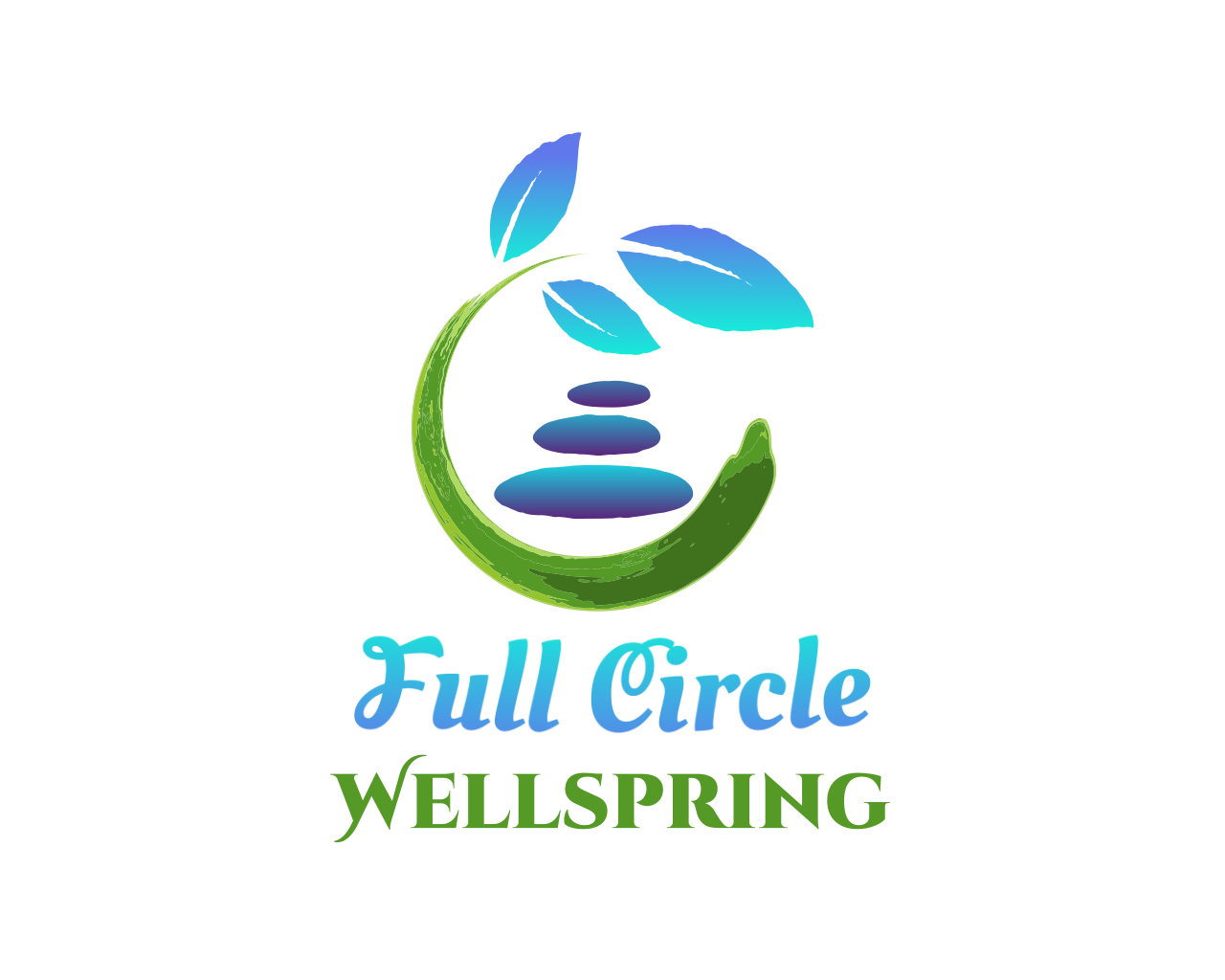Full Circle Fridays (ARCHIVES):
Trauma causes a disruption in our neuro pathways and can halt survivors from staying connected to themselves, others, and the world around them. They can abandon/exile parts of themselves behind a wall of shame and fear. Each Full Circle Friday post was geared toward learning about outside resources, adjunctive services, modalities, recommendations, etc for the trauma survivor to grow their toolbox for recovery.
For more (NEW) content (or to listen to these archived episodes) - check out the Podcast or the YouTube channel! Follow/subscribe so you never miss content!
Full Circle Fridays|Week 14: Neurobiology
Author Note: If you prefer to listen or watch instead of or along with -
Check out the YouTube video and/or the Podcast audio.
Last week, in talking about medication, I shared a bit about the psychological and psychiatric aftermath that trauma can bring. Today, I’d like to explain some of the neurobiological effects of trauma.
You may not realize that the brain is developing for about the first 25 years of a human’s life. The significance of that when it comes to trauma means that during the developmental years especially, the brain is quite literally maturing within the context of dysfunction, chaos, abuse, neglect, trauma, and chronic stress. This equates to forms of “brain damage” during those early years. It is true that adults who suffered childhood trauma can have an underdeveloped prefrontal cortex, an enlarged amygdala, and a smaller hippocampus. These are actual biological changes to these parts of the brain that can be seen on brain scans.
The effects of just the underdeveloped prefrontal cortex could mean: impaired cognitive behavior, difficulties with decision making and logistical planning, reduced self-awareness, and compromised social skills. The enlarged amygdala leaves survivors with problems with regulating emotions, and more importantly an overactive trigger response, hypervigilance, and high increases in overreaction to stimuli and threats. The smaller hippocampus strips survivors of spatial navigation, memory function, learning abilities, focus, and processing.
Is it any wonder that developmental trauma survivors have social issues, memory deficits, trouble with executive functioning skills, and overwhelming flight/fight/freeze responses to what others might say are “normal everyday stressors”?
I chose this topic today to help survivors understand themselves better and to let them know that I see them. I also chose this today so that anyone listening/reading will see a need to have compassion on what others are going through. You may not understand why your co-worker went into a shutdown frozen state just because the boss’s high energy was a little dramatic that morning, but maybe now you can try to give grace. As Oprah always says, “It’s not ‘What’s wrong with you?’. The question is ‘What happened to you?’”
This is of course just a basic intro to neurobiological after effects of trauma. I haven’t even touched on what happens due to the increased (or decreased) levels of some hormones and chemicals on the body and brain over an extended period of time. Prolonged exposure to stress, trauma, abuse, and dysfunction during the brain’s development is toxic to the body and the brain.
Survivors, yes, this may have happened to your brain during your trauma. And this is exactly why you are not broken, cursed, or fragmented. You are a whole person who has survived a whole lot. There is no shame in your behaviors and impairments due to this. You are not alone. There is fascinating new science out there working on your behalf to research, treat, and rewire some brain impairments. Neuroplasticity is real, and there are wonderful new ways of “retraining the brain” using reverse engineering to move you out of surviving mode and into thriving mode. If you want more info, you can check out there Dynamic Neural Retraining System for some encouragement and acknowledgement of your plight.
If you want more info or need help beginning to explore this, feel free to reach out to me. Also, try to breathe through this information. It is daunting, yes; it is a lot. What happened TO you is not the end of your story, though. I am happy to tell you that there is hope through science, therapy, coaching, with lots of effort and practice. Your brain is here to work FOR you and WITH you, not against you. Let’s start making that a reality together. You got this, and I would love to help.


